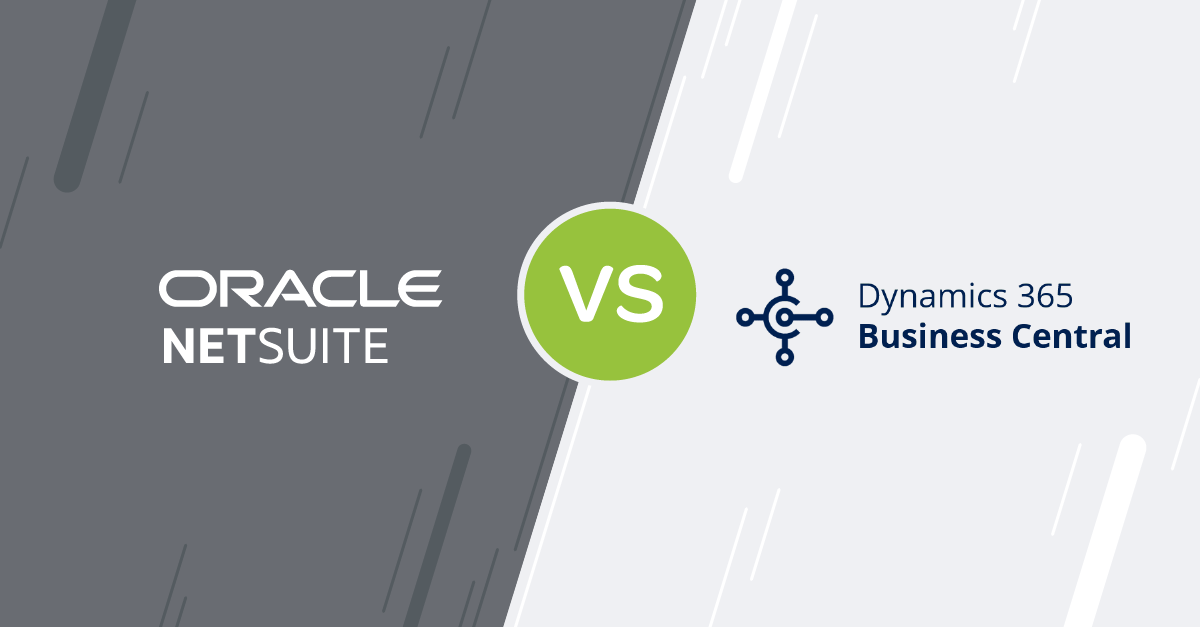Blog
Share this
Choosing ERP? Don’t Fall for These Common Sales Traps

by Carly Caines on July 24, 2025
Be honest...how much do you trust your ERP salesperson?
If you’re currently evaluating ERP systems or gearing up to start that process, chances are you’ve already had a few conversations that left you feeling...a little unsure. And that’s completely fair.
Choosing ERP software is a big move for your business and unfortunately, the sales process doesn’t always make it easier. With certain vendors, it can feel a bit like buying a used car. Everything sounds amazing until you drive it off the lot and realize the air conditioning doesn’t work and the tires are bald. That doesn’t mean ERP sales reps are out to get you (there are many fantastic and reputable ones out there), but you deserve to feel confident that you’re making the right call.
In this post, we’ll share the things that most ERP vendors won’t tell you, so you can spot the red flags, ask the right questions and make a confident decision for your business.

When sales quotas matter more than your business needs
Let’s get one thing straight—most ERP salespeople genuinely want to help. But they’re still working under pressure to close deals.
That means quarterly targets to hit, limited time to spend with each potential customer and strong incentives to “get it done”. When you’re in that kind of environment, it’s easy to shift the focus from finding the right solution to just finding a solution that moves the sales cycle along quickly.
What does that look like in practice?
- Rushed discovery calls
- Templated proposals with little customization
- Pushy timelines that don’t reflect your internal capacity
✅Takes the time to prioritize discovery: Look for an ERP partner who takes the time to understand your goals, asks thoughtful questions and isn’t afraid to say, “Let’s pause until you’re ready”.
Believing one ERP fits every business
If you’ve heard a salesperson say their solution works for every business, it’s time to take a step back.
ERP isn’t one-size-fits-all. Every company runs a little differently. Your workflows, reporting needs, growth plans and internal resources are unique. When a sales rep claims their system is the perfect match without asking detailed questions, they’re likely leading with a sales agenda, not a solution.
A true fit starts with curiosity. Your ERP partner should take time to understand how you operate today and where you’re heading. That means asking about:
- How you manage inventory, orders and production
- The reports and KPIs your teams rely on
- Where manual processes are slowing things down
- What unique processes or external systems you need to retain
- What growth looks like over the next few years
If they’re skipping these conversations and going straight into features, it’s a red flag.
✅Choose software that fits how you work: ERP should be shaped around your business—not the other way around. If the system can’t support how you work (or where you’re going), it’s not a good fit, no matter how impressive the features are.
Mistaking the demo for real-life functionality
ERP demos are designed to impress. And they often do—with polished screens, slick workflows and a seamless narrative that makes everything look effortless. But many demos are built around pre-set scenarios that don’t reflect how your team actually works.
Think of it like watching a cooking show. Everything looks quick and easy because the ingredients are pre-measured and the dishes are half-done off-screen. It’s not wrong, but it’s just not the full picture.
Here are a few red flags to watch for:
- Demos that avoid your specific processes or industry scenarios
- Generic workflows that don’t reflect how your business operates
- Overly technical presentations that leave you with more questions than answers
So how do you cut through the show and get a real feel for the system? Here's how to get the most value from your ERP demo:

Missing the full picture on ERP pricing
ERP pricing can feel a bit like peeling an onion—there’s always another layer.
At first glance, it might seem straightforward. But as you get deeper into the process, unexpected add-ons and vague limited-time discounts often come up. These are classic sales tactics meant to nudge decisions along before you’ve had time to fully evaluate the investment.
Here are a few things to watch for:
- Discounts that create unnecessary urgency
- Vague pricing tiers that leave out key modules
- Unclear definitions of what’s included in implementation services
The real question you want to answer is: What will this cost me over time? That’s where understanding total cost of ownership (TCO) becomes critical. It includes not just the software fees, but also implementation, support, training, upgrades and the internal time your team will spend.
✅Press pause if pricing feels unclear: If the pricing conversation feels rushed or overly complicated, don’t be afraid to slow things down and get the clarity you need. A trustworthy partner will be upfront about all costs and help you budget realistically—not just for go-live, but for the long haul.
Who’s actually implementing your ERP?
You’ve had great conversations and the salesperson seems to really understand your business. But when it’s time to start the project, you’re suddenly working with a new team that doesn’t seem to know anything about your business or what’s been discussed.
This kind of handoff is unfortunately common. Sales and consulting teams are often separate, and that’s not necessarily a problem. The real issue is how that transition is managed.
Does the salesperson stay involved to ensure continuity? Is there a clear knowledge transfer? Or do things get dropped, leaving the consulting team to start from scratch?
Even more frustrating is when you’re suddenly working with consultants in a different time zone or with limited context—and no one mentioned that upfront. These surprises can slow down your project and create confusion before implementation even begins.
To keep things on track, ask early:
- Who will be managing our implementation?
- What’s their experience with companies like ours?
- Can we meet the person leading our implementation before we sign?
- How do you ensure a smooth knowledge transfer between sales and delivery?
✅Ask how knowledge is transferred The goal is continuity. You want a partner who sees the full picture and sticks with you—from the first conversation to go-live and beyond. Make sure there’s a clear process for transitioning knowledge from sales to the implementation team to build trust.
How to spot a trusted partner (not just a vendor)
Choosing an ERP solution means more than just selecting software. You’re also choosing the team behind it. The difference between a smooth, successful implementation and a frustrating, expensive misstep often comes down to who’s guiding the process.
So how do you know if you’re dealing with a true ERP partner?
- They ask meaningful questions. Not just about what features you want, but how your business works and where you're going.
- They give honest answers. If something isn’t the right fit, they’ll tell you—even if it means a slower sales cycle.
- They focus on the long term. You’ll hear conversations about scaling, support and what success looks like after go-live.
- They explain trade-offs clearly. No sugar-coating. Just a clear view of your options and what each one will mean for your team.
- They care about your people. Because ERP success depends on adoption, not just technology.
✅Trust your gut on partner alignment: The right partner will make you feel understood and supported. If you leave conversations feeling more confident and informed, you’re probably on the right track.
Protect your business by protecting your investment
ERP isn’t just a software decision—it’s a business decision that affects your people, your processes and your ability to grow.
That’s why it’s worth slowing down, asking better questions and looking beyond the surface. A polished demo or smooth sales pitch might get your attention, but it won’t guarantee long-term success.
When you understand how the ERP sales process works, you’re better equipped to spot red flags and make decisions that truly serve your business. And when you work with a partner who puts your goals first, everything gets easier.
Share this
Stay in the Know!
Join other SMEs who receive our monthly ERP insights, tips and best practices.
You may also like

ERP Funding for Canadian Businesses

Should You Work with a NetSuite Implementation Partner or Go Direct?



